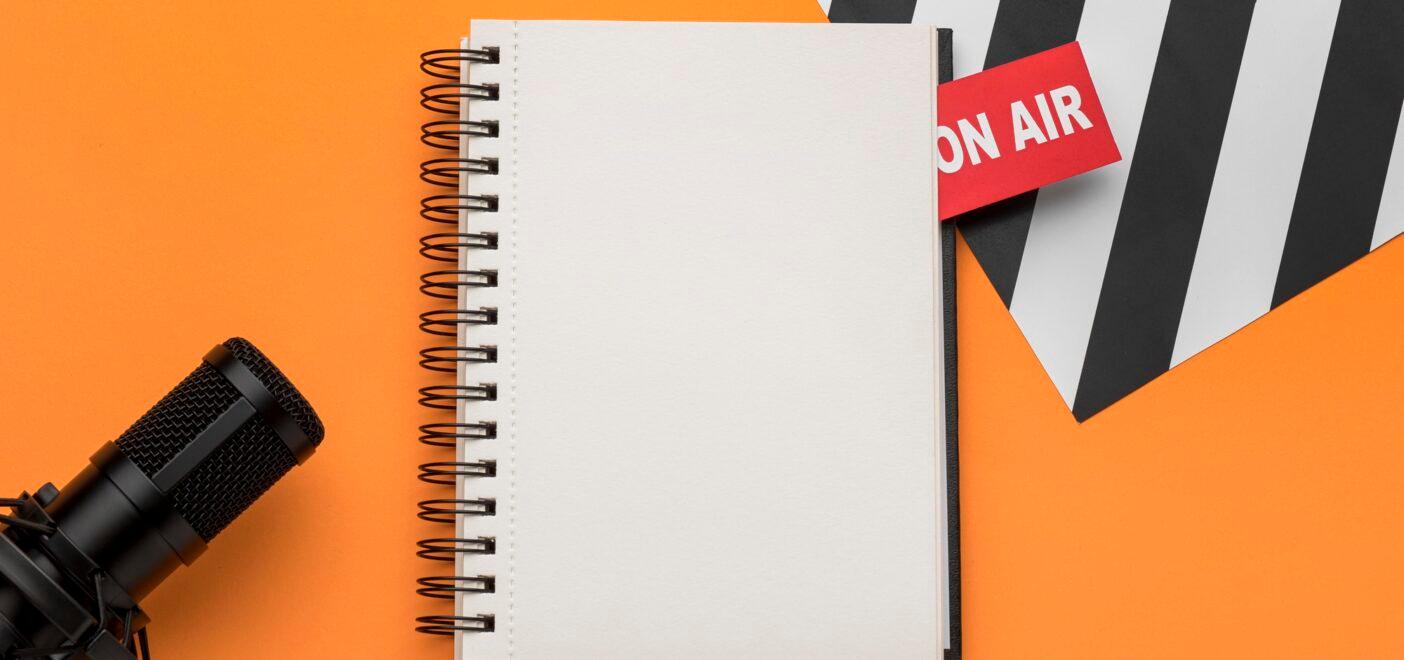Releasing music can be a daunting prospect, and if you’re an independent artist there may seem like a ton of admin to be done before you can even get your song out. While it does take some time to plan your digital music marketing strategy, it is well worth doing to ensure your song gets the promotion it needs to succeed. After all, what’s the point in making great music if you can’t get it out to your desired audience?
To help musicians who may be new to this and need some advice on where to start, we’ve compiled our 8 tips for getting your music marketing strategy right.
1. Create Great Visuals
Of course, your music should be great, but your music isn’t only what attracts fans to you as an artist. Remember, your single or album artwork is often what fans may see first on playlists and your artist profiles, so drawing them in with great visuals and graphics is key to piquing their interest.
This applies to music videos too. A unique and interesting video has the potential to go viral in itself, so putting time and thought into your videos is essential. Live performance videos also work well, just make sure all your visuals match the theme or message for your brand.

2. Music Marketing on Social Media
As I’m sure you know, social media is more important now than ever to promote your recording studio, your music, or your band. This is where the majority of fans will follow you and keep up to date with what you’re doing, so it’s important you post regularly and share content you think your fans will enjoy. This can include posts about your latest releases and gigs, but should also include non-music related content that your fans will relate to and engage with. For example, touring bands should share an insight into the realities of it, to create more of a band personality for their fans. Remember to post content specific to the channels you’re using, so videos for TikTok, stories for Instagram, interviews on YouTube, etc., and keep your social handles consistent so people can easily find you.
3. Create a Website
Websites are a great place to form a base for your online presence. Here you can have a professional platform with links to all your relevant music, pictures, videos, tour dates and merchandise in one place.
If you don’t want to create your own website just yet, other platforms such as Linktree are a great one-page resource with all your links that you can easily put in your social media bios.
Websites also allow you to create a mailing list which is a great music marketing strategy as it lets you send important updates directly to those who want to hear from you. Mailing lists are particularly important for building a dedicated fan base so make sure there is an option on your website to subscribe.

4. Create an Electronic Music Press Kit (EPK)
A Music Press Kit is essential for your music marketing strategy and approaching press and blog contacts in the right way. An EPK is a digital promo package that acts as your professional music resume. It helps people in the music and events industry determine who you are, what you do and why they should care about you. EPK’s usually contain a brief overview of your artist bio, pictures, and music links as well as any press coverage you have received that supports your artist profile. Music journalists and curators receive hundreds of emails from artists looking to get their foot in the door, so make sure you have a professional and up-to-date EPK that makes you stand out as a serious artist.
5. Press & Blog Coverage
Press and blog coverage can be a great way to build connections with industry contacts. While connecting with fans is very important, blogs and press have much wider capabilities to grow your fan base and amplify your music to the right audience. After creating your EPK, it’s important to get it to the right contacts to build hype around your music. Look for music blogs that fit your genre or niche and send them your EPK. Remember there are many blogs dedicated to platforming underrepresented talent and local up-and-coming artists, so do your research and find your unique angle. There are also sites such as SubmitHub that are a great way to submit your songs to credible bloggers, playlisters, labels, and radio stations all in one place.
6. Verify Your Artist Pages
Verifying your artist pages adds legitimacy to your pages and allows you to access tools such as Spotify for Artists and Apple Music for Artists. This is a great music marketing tool as it allows artists to manage their presence across different platforms and access their streaming data. Spotify for Artists also allows you to submit your tracks for pre-order on Spotify playlists and appear on the release radar, so it’s really important you claim and verify your artist page if you want to be featured on playlists. The easiest way to do this is to sign in to your social media and distributor accounts and link them with your Spotify and Apple Music artist pages.

7. Submit To Playlists
With the popularity of streaming on platforms such as Spotify and Apple Music, playlists are one of the best ways for people to discover your music and grow your fan base. Getting featured on a popular playlist can lead to thousands of streams, which is great for exposure and royalty earnings.
It’s important to research which playlists you want to submit to, and who their curators are and send them your EPK to consider. YouTube has many music channels where you can submit playlists for free. Spotify has its own submission process to submit to their playlists, and there are also many digital music marketing companies that have the connections and resources to pitch your songs to curators. We have an in-depth post about Spotify Playlists if you want to dig into this more.
8. Paid Advertising
If you’re willing to invest some money in your music marketing strategy, paid advertising is a great way to go. Platforms such as Facebook and Instagram offer relatively low-cost advertising that allows you to target specific demographics based on their age, location, and interests so you can really focus your efforts. This is a great way to expand your audience and reach people beyond your immediate circle of followers.
You will need to create a budget for how much you are willing to spend monthly on paid advertising and keep track of how effectively your ads are working. Additionally, Google Ads and YouTube Ads are also good options that allow for high levels of analysis on whether your ads are reaching your desired audience.
Conclusion
Establishing yourself online is a big challenge, but one worth putting the time and effort into. We hope these tips and resources can help you get started on your digital journey. Just remember to remain consistent and have fun with it, as this is your chance to share your voice with the world.
Deja un comentario
Inicia sesión para comentar


